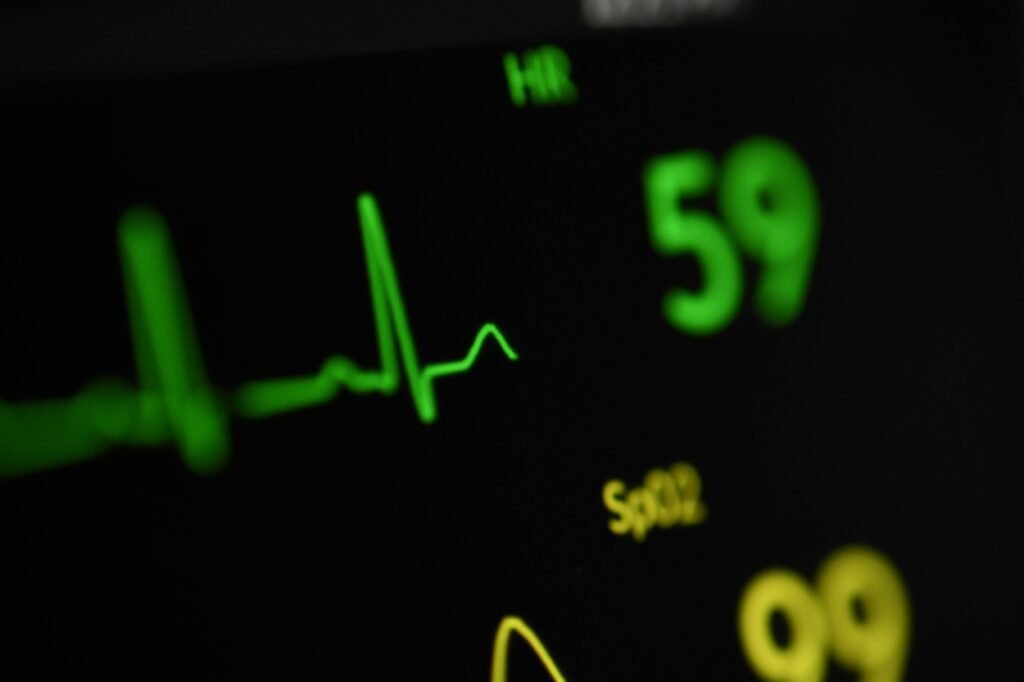As a parent, it’s easy to feel like you’re constantly on high alert. From bumps and bruises to sniffles and sneezes, there’s always something that can make you wonder, “Is this normal?” One particularly nerve-wracking experience is noticing that your toddler’s heart seems to be beating faster than usual.
As someone who has been there, let me take you on a journey through the twists and turns of understanding a toddler’s rapidly beating heart—spoiler alert: it’s usually not as scary as it seems!
The Moment of Realization: Is My Toddler’s Heart Racing?
I still remember the first time I noticed my little one’s heart pounding away like a drum solo in a rock concert. It was bedtime, and as I was doing our usual snuggle routine, I felt his chest against mine, and there it was—thud, thud, thud—his heart was racing! My own heart skipped a beat (how ironic), and a thousand thoughts raced through my mind. Was he okay? Was he afraid for some reason? Could this be a sign of some illness?
If you’re anything like me, your immediate reaction might be to jump onto the internet and start googling symptoms. However, before you go down that rabbit hole, let’s break down what’s really happening and when it’s time to worry.

Understanding a Toddler’s Heartbeat: What’s Normal?
First things first, let’s talk about what’s considered normal. A toddler’s heart naturally beats faster than an adult’s—this is just part of being little and full of energy. While our adult hearts beat anywhere between 60-100 times per minute, a toddler’s heart can easily beat between 90-150 times per minute, depending on their activity level. If they’ve been running around like a mini tornado, that number can even jump a bit higher. So, if your toddler’s heart is racing after a bout of playtime, it’s usually nothing to worry about.
Here’s a little nugget of wisdom: toddler hearts are like little engines, always revving up and slowing down depending on what they’re doing. The thing to remember is that their bodies are still growing and adjusting, so what might seem fast to us is just their normal speed.
When Should You Be Concerned?
Okay, so we’ve established that toddlers have fast heartbeats, but when does fast become too fast? This is where things can start to feel like trying to solve a Rubik’s Cube blindfolded—suddenly, it’s a bit trickier than you expected!
While most of the time, a rapid heartbeat in toddlers is completely normal, there are certain instances where it could signal something more serious.
You might want to take advice from ped if:
- The rapid heartbeat doesn’t slow down after your child has rested for a few minutes.
- Your toddler seems unusually lethargic, dizzy or complains of chest pain.
- There’s a change in their skin color, such as turning pale or blue around the lips.
- They have difficulty breathing or are breathing faster than usual, even at rest.
In my own experience, there was a time when my toddler’s heart was racing, and it didn’t slow down even after he had calmed down. Paired with a look of discomfort on his face, I knew this wasn’t just a case of post-playtime excitement. A quick call to the paediatrician helped ease my worries—it turns out he had a slight fever, which can also cause the heart to beat faster. We monitored him closely, and within a day, everything was back to normal.

Why Is My Toddler’s Heart Beating So Fast?
Let’s dive into some of the common reasons why your toddler’s heart might be racing. Understanding the “why” can help ease your mind when these situations arise.
- Activity and Excitement: This is probably the most common reason for a rapid heartbeat. Toddlers are bundles of energy, and their hearts reflect that. After running around, jumping on the couch (despite repeated requests not to), or getting excited about their favorite cartoon, it’s completely normal for their heart rate to spike.
- Fever: As I mentioned earlier, a fever can cause an increase in heart rate. It’s the body’s way of trying to fight off an infection, and a faster heartbeat is just part of the process.
- Dehydration: If your little one isn’t drinking enough fluids, their heart might start to beat faster to compensate. This is especially common during hot weather or after lots of physical activity.
- Anxiety or Stress: Yes, even toddlers can experience anxiety! Whether it’s separation anxiety, fear of the dark, or something else, stress can cause their heart to race.
- Illness: Certain illnesses, especially those that affect the heart or respiratory system, can cause a rapid heartbeat. While these are less common, they’re something to keep in mind, especially if the rapid heart rate is accompanied by other symptoms like shortness of breath or fatigue.
How to Check Your Toddler’s Heart Rate?
If you’re feeling particularly concerned, you can check your toddler’s heart rate yourself. Here’s how I learned to do it:
- Find a Pulse: The easiest place to find a pulse on a toddler is on the inside of their wrist or on their neck, just under the jawline. Use your index and middle finger to gently press until you feel the pulse.
- Count the Beats: Using a stopwatch or the timer on your phone, count the number of beats you feel in 15 seconds. Multiply that number by four to get the beats per minute.
- Compare to Normal Ranges: Remember, a normal resting heart rate for toddlers is between 90-150 beats per minute. If your child’s heart rate is significantly higher than this and doesn’t slow down after resting, it’s a good idea to give your paediatrician a call.

Conclusion: Keeping Calm and Trusting Your Parental Instincts
One of the hardest things about being a parent is knowing when to worry and when to just roll with the punches. Toddlerhood is filled with moments that can make your heart skip a beat, but trust me, most of the time, it’s nothing to lose sleep over. Your toddler’s rapidly beating heart is likely just a sign of their boundless energy and growing little body.
But here’s the thing—your instincts as a parent are powerful. If something feels off, it’s always better to check in with a professional. After all, peace of mind is priceless.
So, the next time you’re snuggled up with your little one and feel that heart racing away, take a deep breath. Chances are, it’s just another one of those quirky toddler things. And if it isn’t? Well, you’ve got this. You know your child better than anyone, and with a little knowledge and a lot of love, you’ll navigate these moments just fine.
